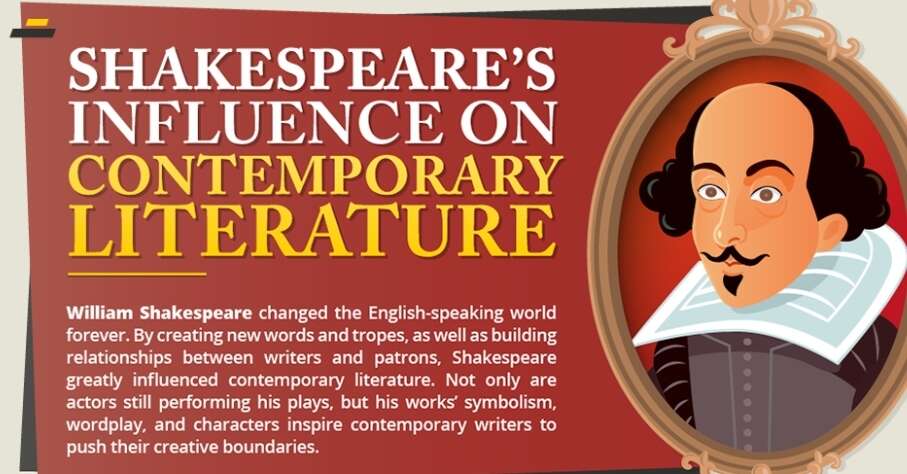William Shakespeare’s affect on modern literature is profound and far-reaching. His works have formed storytelling, language, character growth, and themes in fashionable literature, theatre, and even movie. Right here’s how Shakespeare continues to influence modern literature:
1. Narrative and Storytelling Strategies
Shakespeare’s use of intricate plots, subplots, and dramatic irony has influenced numerous writers. His structuring of tragedies, comedies, and histories set a blueprint for contemporary storytelling. Works like Hamlet and Macbeth launched psychological depth in characters, a way now central to modern fiction.
2. Character Growth
Shakespeare crafted deeply advanced and relatable characters, similar to Hamlet, Othello, and Girl Macbeth. His capacity to depict human feelings and ethical dilemmas has impressed fashionable writers to create nuanced protagonists and antagonists.
3. Language and Expression
Shakespeare coined and popularized 1000’s of phrases and phrases which can be nonetheless in use at present (break the ice, wild goose chase, foregone conclusion). His creative use of language has influenced poets, novelists, and playwrights.
4. Themes and Social Commentary
His works handle timeless themes like energy, ambition, love, betrayal, and identification. Fashionable authors, similar to Margaret Atwood (Hag-Seed, a retelling of The Tempest) and Ian McEwan, incorporate Shakespearean themes into their novels, proving their lasting relevance.
5. Diversifications and Retellings
Modern literature often adapts Shakespearean plots. Novels like Courageous New World by Aldous Huxley draw inspiration from his works, whereas Younger Grownup literature typically reimagines Romeo and Juliet or Hamlet in fashionable settings.
6. Affect on Fashionable Drama and Movie
Shakespeare’s influence extends to movies and performs. Fashionable diversifications, similar to 10 Issues I Hate About You (The Taming of the Shrew) and West Aspect Story (Romeo and Juliet), showcase his storytelling’s adaptability throughout eras and cultures.
Conclusion
Shakespeare’s affect on modern literature is simple. His storytelling methods, advanced characters, and exploration of human nature proceed to encourage authors, making certain that his legacy endures in fashionable literature and past.


